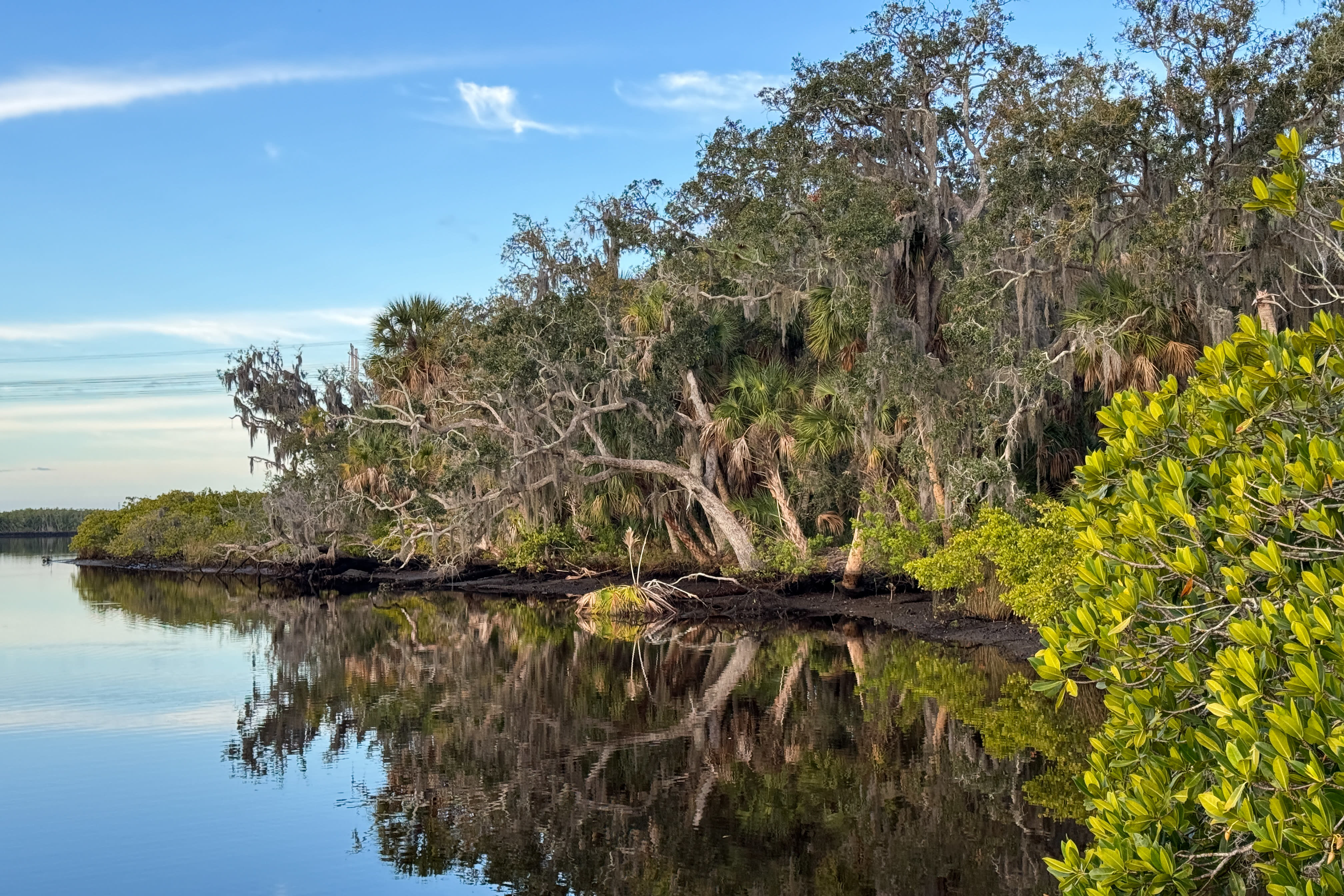Bryan Stevenson Fights for Condemned Prisoners

Bryan Stevenson
Image: Nina Subin
When Legal Aid of Manasota celebrates 25 years of providing equal access to justice with a dinner at Michael’s On East on Oct. 27, supporters will welcome speaker Bryan Stevenson, founder and executive director of the Equal Justice Initiative based in Montgomery, Alabama. Stevenson, a lawyer, author (Just Mercy), TED Talks speaker and MacArthur Foundation “Genius” Grant recipient, has won relief for dozens of condemned prisoners and earned national acclaim for his work in aid of the poor and people of color. We spoke with him about his commitment to the cause and what others can do. (For ticket info, visit legalaidofmanasota.org.)
Did your passion for fighting injustice arise during your time at law school or before?
Before law school, I had already seen the legacy of racial inequality. When I met lawyers who were working with condemned prisoners, I went to Atlanta to work on death row cases. Since I moved to Alabama and started the Equal Justice Initiative more than 25 years ago, that work has become even more important and impactful.
It’s work that must have its share of setbacks as well as successes.
I’ve been encouraged by the progress we’ve made. It’s always gratifying when you prove someone’s innocence. But beyond that, for the past 15 years we’ve been able to talk more broadly about issues regarding the mentally ill, or children prosecuted as adults. In the last eight years, EJI has also tackled race and poverty outside of the criminal justice system.
You also write, make speeches, teach…how do you divide your time?
Mostly I spend my time running the organization and managing litigation. We have 46 paid staffers, really intelligent, really committed people, and that allows us to do things we couldn’t otherwise. I teach just one semester, about 1 ½ days a week [at New York University School of Law], and then I also do talks to raise awareness and money for our project.
Out of so many cases you’ve been involved in, is there one that particularly spurs you on?
In the early days of 1989, when we had just opened, I remember getting a call from a prisoner who was going to be executed in 30 days and asked me to please take his case. I had to say no, we just couldn’t do it. But the next day he called me and said, “You don’t have to tell me I’ll win, just take the case, because I can’t get through the next 29 days without hope.” So we took the case, but we lost it. The last day he told me, “When I woke up the guards were all asking, ‘What can I do to help you? Do you want lunch, coffee, access to a phone?’ More people were asking, ‘What can I do to help you?’ in the last 14 hours of my life than ever had in the first 19 years of my life.” I knew I wanted to minimize the number of times that happened.
What can people who are not lawyers do to help?
On our website we list a lot of things people can do to help the hundreds of thousands coming out of jail who have great needs for life skills training and education for reentry. Part of the challenge is that in our political culture the leadership is not going to come from our elected officials; it won’t be top down. We have to do it, to make the change.
I really do believe that all of us are more than the worst thing we’ve ever done. Someone who tells a lie is more than a liar; someone who steals is more than a thief; and even someone who kills is more than a killer. We’re such a punitive society. I think we can become a healthier nation if we think in terms of restoration, recovery and redemption, not just locking people up and throwing away the key.



